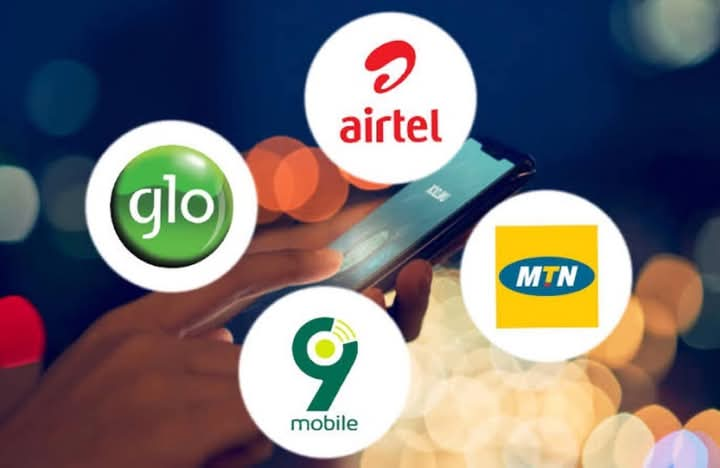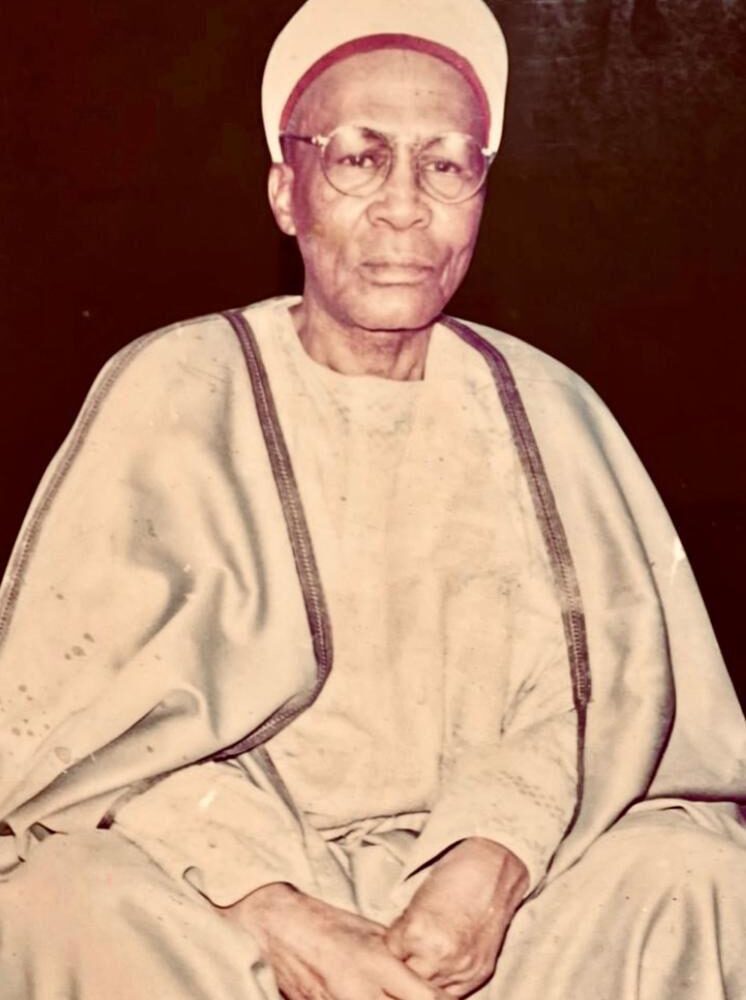It started innocently maybe your SIM card goes bad. Maybe you switch to a new number, or maybe your phone got stolen and you never bothered retrieving the old line. For months, it sits there: unused, inactive, forgotten. But what happen to the airtime you recharged the money you never spent?
That question has nagged millions of Nigerian telecom subscribers for years. And finally, the Nigerian Communications Commission (NCC) has decided to ask it out loud and answer it, too.
On April 8, 2025, the NCC hosted a virtual stakeholder forum to deliberate on a new policy proposal that could redefine the fate of what the Commission calls “unutilized and unclaimed subscribers’ recharges.” It was not your typical regulatory briefing. What played out instead was a rare, deeply engaging conversation about fairness, consumer protection, digital transparency — and the strange economics of airtime that vanishes.
The NCC’s Draft Guidance, as it’s officially called, isn’t just about rules; it’s about rights. It seeks to protect the airtime value that consumers, especially prepaid users, left behind when their SIM cards go dormant or are deactivated after prolonged inactivity. Under current industry rules, a line may be deemed inactive after six months of no usage and may be recycled after another six months. But what about the money tied to it?
That’s where the Draft Guidelines come in offering a lifeline to subscribers and holding operators accountable. Here’s a snapshot of what the NCC presented during the forum and is proposing:
At a Glance: What the NCC Draft Guidelines Propose
1. Refund Window:
Subscribers will have up to 12 months to reclaim unutilized airtime or services from a lost, damaged, or inactive SIM.
2. Non-Cash Refunds:
Refunds will be in airtime, SMS, data, or value-added services (VAS) not physical cash.
3. Proof of Ownership:
Subscribers must present valid identity documents and NIN linkage to access refunds.
4. No Silent Write-Offs:
Telcos will be prohibited from absorbing unclaimed credits as company revenue or using them for promos before the 12-month window elapses.
5. Consumer Awareness:
Operators are expected to run public awareness campaigns on the redress process once the guidelines are adopted.
6. Transparency & Records:
Telcos must maintain a dedicated system for processing claims and keeping audit trails.
In practical terms, this often means that if a subscriber doesn’t use their line for a year, any unused credit is lost forever. The Draft Guidance proposed to change that narrative. It mandates that subscribers be allowed to reclaim such unspent value within 12 months in the form of voice, SMS, data, or even value-added services. But not cash.
And that’s where it gets interesting.
You see, airtime is not money in the traditional sense it’s more like a ticket to a ride. Once you pay for it, it’s meant to be used, not saved. That’s the telecom industry’s long-standing view, one that has held up in countries like the U.S., India, and across Europe. Yet, the consumer perspective is different. For many Nigerians, especially in rural areas where every naira matters, that unused credit feels like cash down the drain.
Mrs. Chizua Whyte, who heads the Legal and Regulatory Services at NCC, acknowledged this emotional economy. “Consumers deserve assurance that what they pay for will not disappear,” she said during the forum. “This draft is not only about protecting them it’s about restoring their trust.”
Trust. That’s the keyword.
In a country where subscribers frequently complained about vanishing data and questionable deductions, this initiative signaled something larger: the regulator is listening. And acting.
But it’s not without complications. Telecom operators raised concerns about technical feasibility, cross-network reconciliation, and the cost of compliance. Imagine trying to track down a SIM card deactivated a year ago, verify ownership, calculate leftover credit, and return it all in a market with over 200 million connected lines.
Still, the NCC remained firm. If telcos can innovate to sell, they must also innovate to refund.
The draft also banned operators from converting unused recharges into income or using them for promotional purposes. That’s a big deal. It means that telcos can’t quietly sweep your forgotten airtime into their bottom line a practice that, while common, is now being openly challenged.
Beyond the technicalities, the conversation touches on something deeply human: the sense of fairness. No one likes to feel cheated. And in a digital economy where trust is currency, protecting something as small yet as symbolic as unused airtime might be what keeps the faith alive.
So the next time your SIM card goes bad, or you move on from a number, remember: the money you forget might finally be remembered thanks to a Commission that’s learning to put people first.
And perhaps, that’s the kind of connection we need most in today’s telecom world.
*Lukman Laleye Babalola, Publisher/Editor, Emporium Reporters.He can be reached via: babalolalukman@gmail.com.
08037469328





